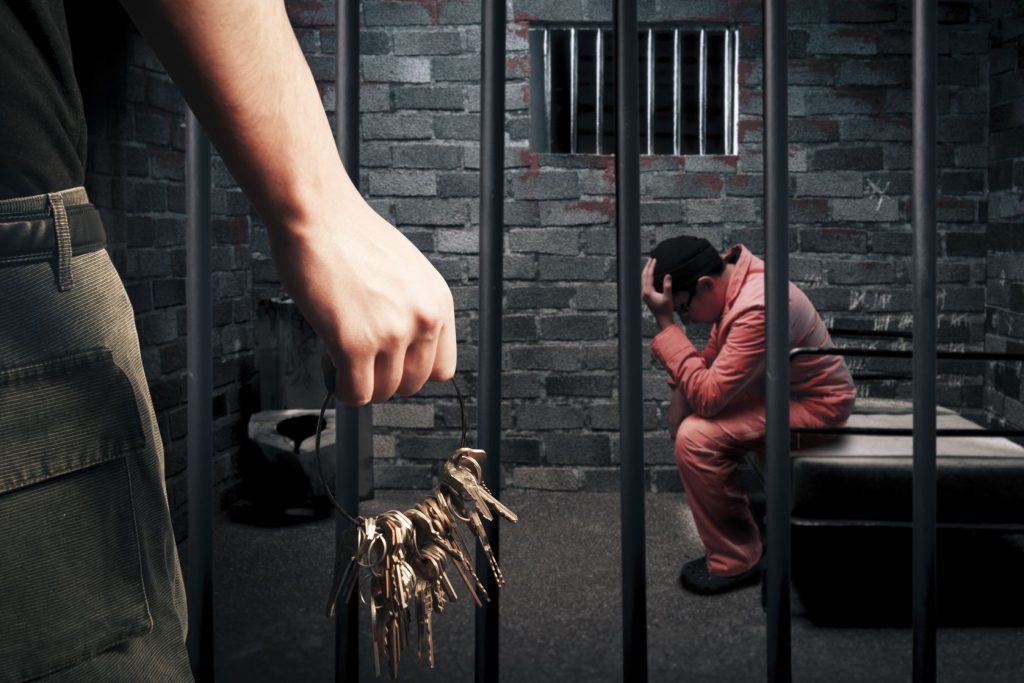The difference between federal and state prison is an important distinction for individuals navigating the criminal justice system. The type of prison can impact the duration, conditions, and programs available during incarceration. Federal and state prisons serve similar functions but differ significantly in terms of jurisdiction, the types of offenses they house, facility conditions, and inmate rights and programs.
Types of Offenses
Federal and state prisons generally house different types of offenders. Federal prisons primarily house individuals convicted of federal crimes, such as tax evasion and white-collar crimes. These inmates often have longer sentences and may serve time for non-violent offenses. However, federal prisons also hold violent offenders, particularly those with federal offenses, such as terrorism or large-scale drug conspiracies. Possession of child pornography can also be a federal sentence, depending on the severity of the crime and if it crossed state lines.
State prisons typically house individuals convicted of crimes under state jurisdiction, often involving violent or property crimes. While both non-violent and violent offenders can be in state prisons, state facilities tend to house more individuals with violent crime convictions, particularly for offenses where state laws allow for incarceration as punishment.
Facility Security Levels and Conditions
Both federal and state prisons are categorized by security levels, such as minimum, medium, and maximum security, based on the needs of the inmate population. However, federal prisons generally provide a more standardized level of security across facilities.
Federal facilities often provide higher security and better funding, with designated security levels ranging from minimum to maximum security. Some federal prisons have extreme security measures, designed to hold the most dangerous criminals in the federal system. However, some inmates may also have more privileges than a state prison would. This mostly hinges on inmate behavior and chances of recidivism.
Security levels in state prisons also range from minimum to maximum. However, due to variations in funding, some state facilities may be overcrowded or under-resourced, which can affect living conditions. In states with limited funding, inmates in maximum-security facilities may experience overcrowding, limited access to rehabilitation programs, and reduced staffing. Sometimes this can mean less violent criminals will be released early. However, the likely scenario is that all of the prisoners will likely face the consequences of the budget issues.
Length of Sentences and Eligibility for Parole
Inmates in federal and state prisons may face different sentencing structures. Federal sentencing guidelines often lead to longer sentences, and federal inmates are not eligible for parole for most crimes, though they can earn good time credit under certain conditions. The truth-in-sentencing requirements in federal cases often mean that federal inmates serve a high percentage of their sentences.
State sentencing varies by state, and parole eligibility is more common. Many states allow inmates convicted of certain crimes to be eligible for parole after serving a portion of their sentence, though eligibility depends on the offense and state law. Overcrowding can also lead to sentences being shortened in some instances, which doesn’t happen with federal prisons.
Tulsa Criminal Lawyers
Federal and state prison have significant differences in jurisdiction, inmate population, facility conditions, and rehabilitation opportunities. Federal prisons follow a national standard with a focus on federal offenders, often resulting in better-resourced facilities and rehabilitation programs. State prisons, while often less standardized, vary by location and funding, with more frequent parole options and a greater population of violent offenders.
For individuals navigating the criminal justice system, understanding these distinctions is essential to understanding incarceration conditions. If you need help, contact the Tulsa criminal lawyers at Kania Law Office by calling (918)–743-2233 or online.
Tulsa's Local Criminal Defense Lawyers
 Are you looking for Tulsa attorneys who will fight aggressively for you? Our team of criminal defense attorneys have the experience needed in Oklahoma law to secure the outcome you deserve.
Are you looking for Tulsa attorneys who will fight aggressively for you? Our team of criminal defense attorneys have the experience needed in Oklahoma law to secure the outcome you deserve.
Call us today for a free consultation 918-743-2233 or contact us online.


